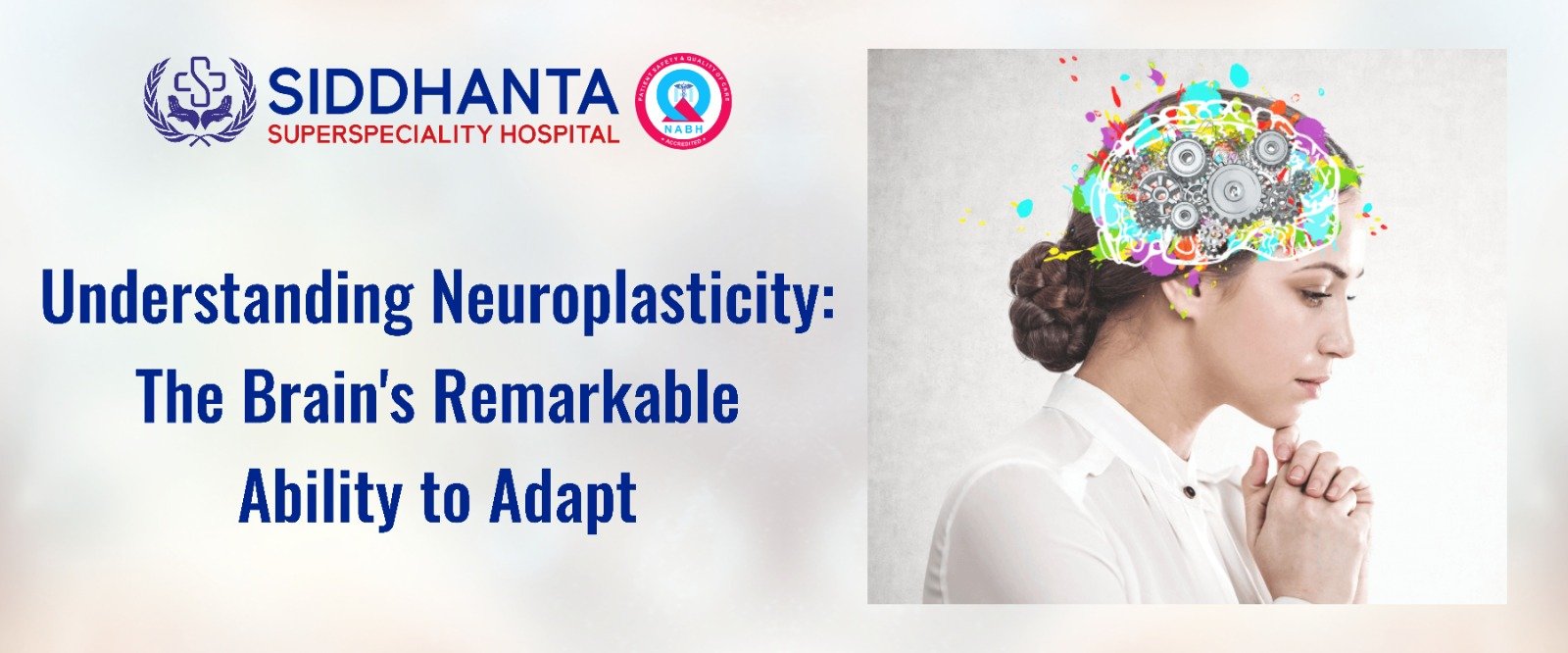Neuroplasticity, often dubbed as the brain's ability to rewire itself, stands as one of the most fascinating aspects of neuroscience. This phenomenon refers to the brain's capacity to form new neural connections and pathways throughout life, allowing for learning, memory formation, and recovery from injuries. Understanding neuroplasticity is crucial not only for unraveling the mysteries of brain function but also for developing treatments for neurological disorders.
Research has shown that various factors influence neuroplasticity, including experiences, environmental stimuli, and even aging. For instance, engaging in challenging mental activities such as learning a new language or musical instrument can stimulate the brain to create new connections. Similarly, physical exercise has been found to enhance neuroplasticity by promoting the growth of new neurons and synapses.
Furthermore, neuroplasticity plays a significant role in rehabilitation after brain injuries or strokes. Through targeted therapies and exercises, patients can harness the brain's plasticity to regain lost functions and improve their quality of life. This understanding has revolutionized rehabilitation approaches, offering hope to individuals with neurological impairments.
However, neuroplasticity is a double-edged sword. While it enables recovery and adaptation, it can also underlie maladaptive changes in the brain, leading to conditions like chronic pain or addiction. By comprehending the mechanisms of neuroplasticity, researchers aim to develop interventions that promote beneficial changes while mitigating harmful ones.
In conclusion, neuroplasticity highlights the brain's remarkable capacity for adaptation and change. By studying this phenomenon, scientists are not only unlocking the secrets of brain function but also paving the way for innovative treatments for neurological disorders.
Keywords: best hospital in Bhopal, top hospital in Bhopal, Siddhanta Superspeciality Hospital, Siddhanta Hospital

